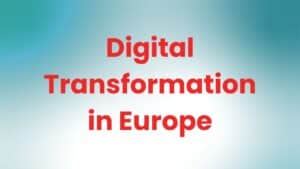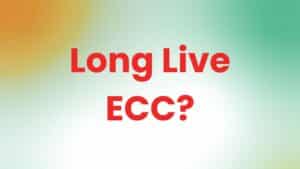What is ERP organizational change management? Unfortunately, it’s a question that many aren’t able to answer.
Multiple research studies have shown that the majority of major issues on transformation projects (67% – 75%, depending on the study) are due to people and change management issues, not software or technical problems. In another study, 90% of the respondents who included change management initiatives in their projects estimated the impact of change management on project success as “very high” or “high.”
By definition, Organizational Change Management (OCM) is a framework for managing the effect of new business processes, changes in organizational structure or cultural changes within an enterprise. Simply put, OCM addresses the people side of change management. It is anything that helps enable your employees and stakeholders in their migration from the current state to the future state.
Yet, change management is still treated by many project teams as a “nice to do” or overlooked entirely. It’s likely that these teams don’t really understand OCM or how to do it. Or, they think that OCM is simply a matter of sending out some project newsletters or training end users right before go-live. There is much more to it than this.
Most technology initiatives designed to create change across an organization fail when they are evaluated against their expected business benefit. While such projects are usually able to deliver their “product” (e.g., an ERP system), they often fail because they are unable to “change the operational DNA” of the environment. In fact, culture is one of the most overlooked aspects of organizational change and digital transformation initiatives.
This is especially true of multi-site and multi-national digital transformations. Diverse cultures, business operations, and political factors all underscore the importance of OCM. As a result, there are several important organizational change to-dos as part of a global digital transformation. They also require some distinct organizational change strategies for global digital transformations.

The business value of change management is this – companies often justify technology investments by developing business cases. There’s an implicit assumption in every business case that’s along the lines of, “our business community will use the new ways of working (the technology, the processes, the governance framework, etc.) as it’s designed.” You’ll probably never see this assumption written down, but it’s there.
Unfortunately, most IT professionals know this doesn’t turn out to be the case. While IT initiatives are often successful at getting the “system” up and running, we often don’t see it used as we thought it would be, and as a result, don’t achieve the expected business benefits.
My next blog will share some of the common myths that lead organizations to overlook OCM, as well as share the concept of Organizational Ownership.





